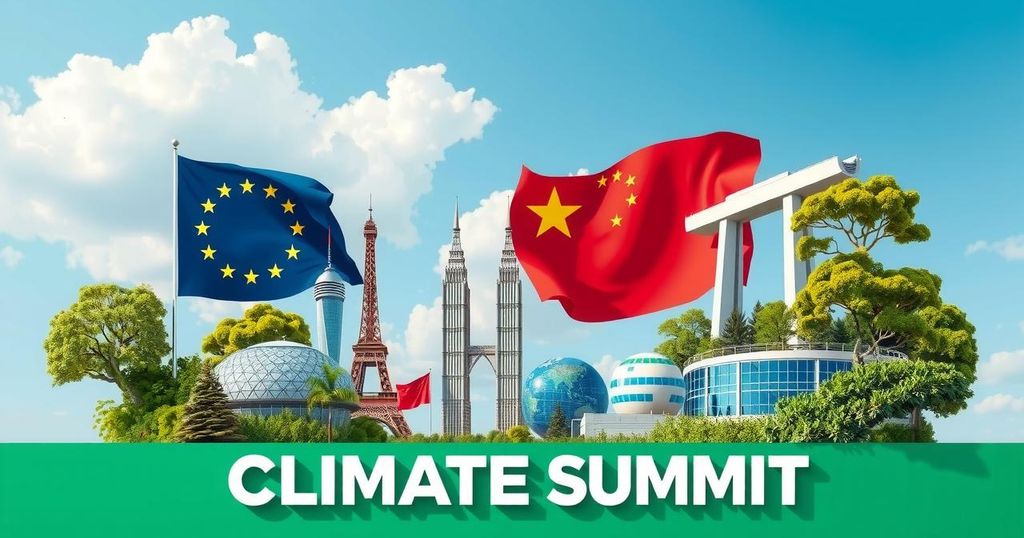Climate change
CLIMATE, CLIMATE CHANGE, DC, DE ERVIN, DISASTER MANAGEMENT, EUROPEAN CENTRE FOR, EUROPEAN CENTRE FOR MEDIUM - RANGE WEATHER FORECASTS, FRANZ, FRANZISKA, GASSMANN, NATURAL DISASTERS, NET, NORTH AMERICA, PARAGUAY, PERMANENT CONTINUOUS HOUSEHOLD SURVEY, RAIN, SOUTH AMERICA, TERESA, UNITED STATES, WASHINGTON, WORLD BANK
Leila Ramsay
0 Comments
Understanding the Impact of Weather Shocks on Poverty in Paraguay
This study examines the effects of short-term weather shocks on poverty and household incomes in Paraguay, revealing that heat shocks significantly reduce income and elevate poverty rates, particularly in rural areas and among vulnerable households. The findings call for targeted adaptation strategies to enhance resilience against climate impacts.
In Paraguay, the struggle against poverty has stagnated since 2014, correlating with a slowdown in economic growth attributed in part to climate-induced events. This study investigates the impacts of short-term weather shocks on household incomes and poverty levels within the country. By utilizing data from various sources, including the Permanent Continuous Household Survey and climate data from the European Centre for Medium-Range Weather Forecasts from 2004 to 2019, the research employs an ordinary least squares regression analysis, examining the variations in weather shocks across districts and temporal frames. The findings indicate that heat shocks result in significant reductions in household income, averaging a decrease of 5 percent in urban areas and up to 8.8 percent in rural settings. These heat-related shocks further exacerbate poverty levels, with urban areas experiencing a 1.7 percentage point increase and rural areas seeing a 4.2 percentage point rise. Conversely, floods predominantly impact urban households, leading to a 1.9 percentage point increase in poverty. Notably, the effects of these shocks differ markedly across regions and demographic characteristics, with female-headed and primary sector households in rural areas displaying heightened vulnerability to both heat and drought shocks. These outcomes underscore the urgent need to implement adaptive measures and climate risk strategies specifically designed to protect vulnerable subpopulations, thereby promoting overall resilience within Paraguay’s socio-economic fabric.
The ongoing poverty challenge in Paraguay is intertwined with broader economic dynamics, particularly since the slowdown in growth has been exacerbated by climate-related shocks. Such shocks—arising from phenomena like extreme heat and flooding—have begun to reveal their outsized impact on socio-economic stability. Understanding these relationships is crucial for crafting effective policy responses that safeguard income and reduce poverty among the country’s most affected demographics. The study leverages substantial historical data to provide insights into the specific impacts of weather variabilities on the poor, thereby informing potential climate adaptation strategies.
In summary, the analysis of short-term weather shocks in Paraguay illustrates their detrimental effects on household incomes and increased poverty levels. Heat shocks act as a significant stressor, particularly impacting rural households and vulnerable demographics. The research highlights the pressing necessity for adaptable strategies tailored to address climate vulnerabilities, ensuring that specific populations receive the support required to bolster resilience against future climatic events.
Original Source: reliefweb.int




Post Comment